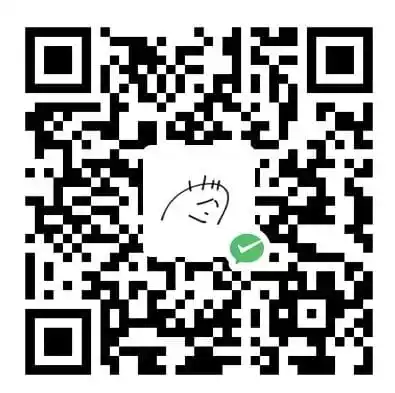虚拟语气

虚拟语气
Mxne什么是虚拟语气?
if 虚拟语气
| 从句 | 主句 | |
|---|---|---|
| 现在 | did / were | would do |
| 过去 | had done | would have done |
| 将来 | were to do / should do | would do |
例句
1.对现在的虚拟
If I were you, I would call him.
注意:在if虚拟语气中,无论第几人称,虚拟语气if从句的be动词一律写were。
2.对过去的虚拟
If I had known your number yesterday, I would have phoned you.
如果我昨天直到你的手机号,我将会给你打电话。
3.对将来的虚拟
If you were to come home next year, we would go to the park together.
如果你明年能回家,我们就一起去公园。
主将从现的if和虚拟语气的if的 区别:
主将从现的if:条件状语从句,真实 发生的
虚拟语气的if:虚假 的
虚拟语气的特殊用法
1. 主句的谓语动词表 要求、命令、建议等,宾语从句 动词写成 (should) + do。
advise、suggest、insist、order、command、recommend、ask、demand、require、request …
例句:
My friend orders that everyone in his room (should) take off their shoes.
我的朋友要求在他房间的每一个人都要脱掉鞋子。(注意语态)
2. 表示要求、命令、建议等名词后面的同位语从句动词部分写成 (should) + do。
例句:
He set out requirements that everyone (should) follow his arrangement.
他发出了一些要求,每个人都应该遵守他的安排
3. it is + important / necessary / natural / esential / advisable / … + that + 主语 + (should) + do
例句:
It is important that you (should) stay at home.
你应该呆在家里是非常重要的。
4. wish后面接宾语从句 ,使用虚拟语气
句型:主语 + wish + that + 宾语从句(虚拟语气)
过去:had done
现在:did
将来:would / could / should + do 注:should不可省略
例句:
I wish that you hadn’t been to this activity.
我真希望你没有参加过这个活动
5. It is (high) time that … + did / were / should do
例句:
It’s time that you tought about your future.
= It’s time that you should think about your future.
是时候澳旅下你的未来了。
6. 表示“没有”,“以免”,“否则”….等介词提示为含蓄的虚拟语气。but for, without, otherwise …
过去:would/should/could/might have done(主句谓语)
现在/将来:would do(主句谓语)
例句:
But for his help, I couldn’t have done it.
要不是他的帮助,我肯定做不到
7. if only 的虚拟语气
过去:had done
现在:did/were
例句:
If nonly I had listened to my parents.
要是我听从了父母就好了
8. would rather表示“宁愿”,希望,后面句子 要接虚拟语气
过去:had done
现在:did/were
例句:
I would rather he hadn’t told me about it.
我宁愿他没有告诉我这件事
例题
1.Henry would rather that his girlfriend worked (work) in the same department as he does.
解析:would rather+句子,用虚拟语气,does现在时,对现在虚拟用worked
2.We requested that the task (should) be complete (complete) by the end of this week.
解析:request表要求,后面宾语从句用虚拟语气,(should) do
3.If he had followed (follow) the doctor instructed, he wouldn’t suffer so much now.
解析:if虚拟语气,now是现在时,suffer就是现在,follow在suffer之前就是去过,过去虚拟的从句用had done
4.My sister insisted that she (should) organize (organize) the trip properly.
解析:insist表坚持认为,后面宾语从句用虚拟语气(should) do
5.It is the high time that we (should) place / placed (place) great emphasis on the improvement of food safety.
解析:It is the high time that + did / (should) do / were
情态动词表猜测的虚拟语气
1.must have done sth.
译:一定 做过某事
表示对过去事情的较有把握的推测(有依据),这时只能用在肯定句中,“肯定/必须已经干过….”,在 否定句和疑问句中用can’t或couldn’t
否定:mustn’t have done❌ —> couldn’t have done / can’t have done ✔
2.can’t / couldn’t have done sth.
译:不可能 做过某事
没有 mustn‘t have done 这一种,就是 mustn‘t have done 的一种替代
3.can / could have done sth.
译:本 能够做 某事,实际上 未做(能力)
4.ought to / should have done sth.
译:过去 本应该 做某事,而实际上 没有做(义务)
5.may / might have done sth.
译:过去 可能 做了某事
表示对过去事情把握程度很低的猜测,没有任何的根据。与must have done 进行对比
时态错综虚拟语气
例句:
If you had followed my advice, you would be better right now.
虚拟语气的半到装
were I you = if I were you
步骤:1. 省略 if 2. 助动词提前(句首)







